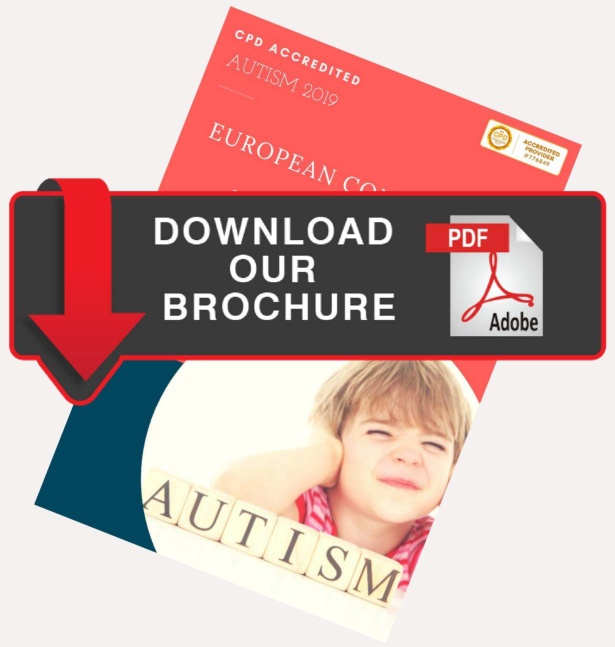
Gocha Shatirishvili
Cord Blood Bank Geocord, Georgia
Title: Safety and Efficacy of Autologous Cord Blood Intrathecal Transplantation for Children with Autism Spectrum Disorder (Preliminary Results)
Biography
Biography: Gocha Shatirishvili
Abstract
Autism Spectrum Disorder (ASD) is a neurodevelopmental condition with onset early in life. The stereotypical behavior, impairment of social communication and restricted activities are charachteristics. Immunodysregulation, hypoperfusion of brain and neuroinflamation play role in pathogenesis. There is no cure, ABA therapy is not enough efficient and new therapies are needed. Several trials demonstrated that CB transplantation for autism is safe and effective. Cord blood stem cells have positive paracrine effect on affected brain. But not all cord blood units contain recommended cell doses for intravenous treatment. Intrathecal injection could solve this problem. This is safe route, no neural tissue damage occurs, the circumvention of the blood-brain-barrier finds place. All Injected cells are transported by CSF to the affected parts of brain, while most of intravenously transplanted cells are caught in lungs, spleen and liver, only tiny number of cells migrate through blood-brain barrier.
Mardaleishvili Medical Center, Tbilisi startet I phase study. Children at age of 4-12 years are injected intrathecally with autologous cord blood three times with 6 months intervals. No minimal cell dose was established. 3 patients were treated yet. No significant side effects were observed. Efficacy was confirmed by VABS-II and ADOS-2.
After two transplantations children’s conditions were improved steadily and significantly. Behavioral improvement, less aggressiveness, no emotional outbursts and impressive improvement of untelectual capacities as well as vocabulary were reported.

